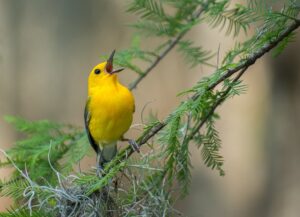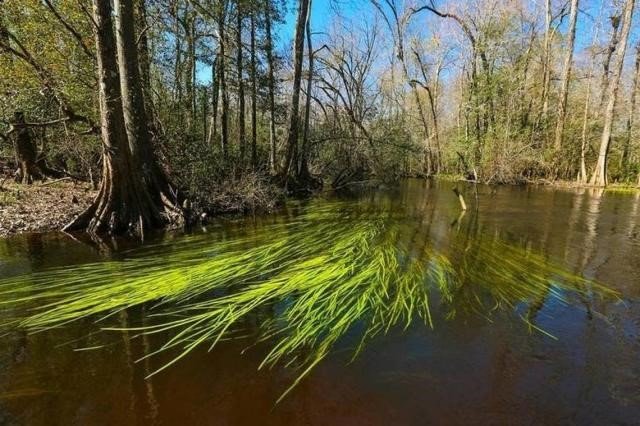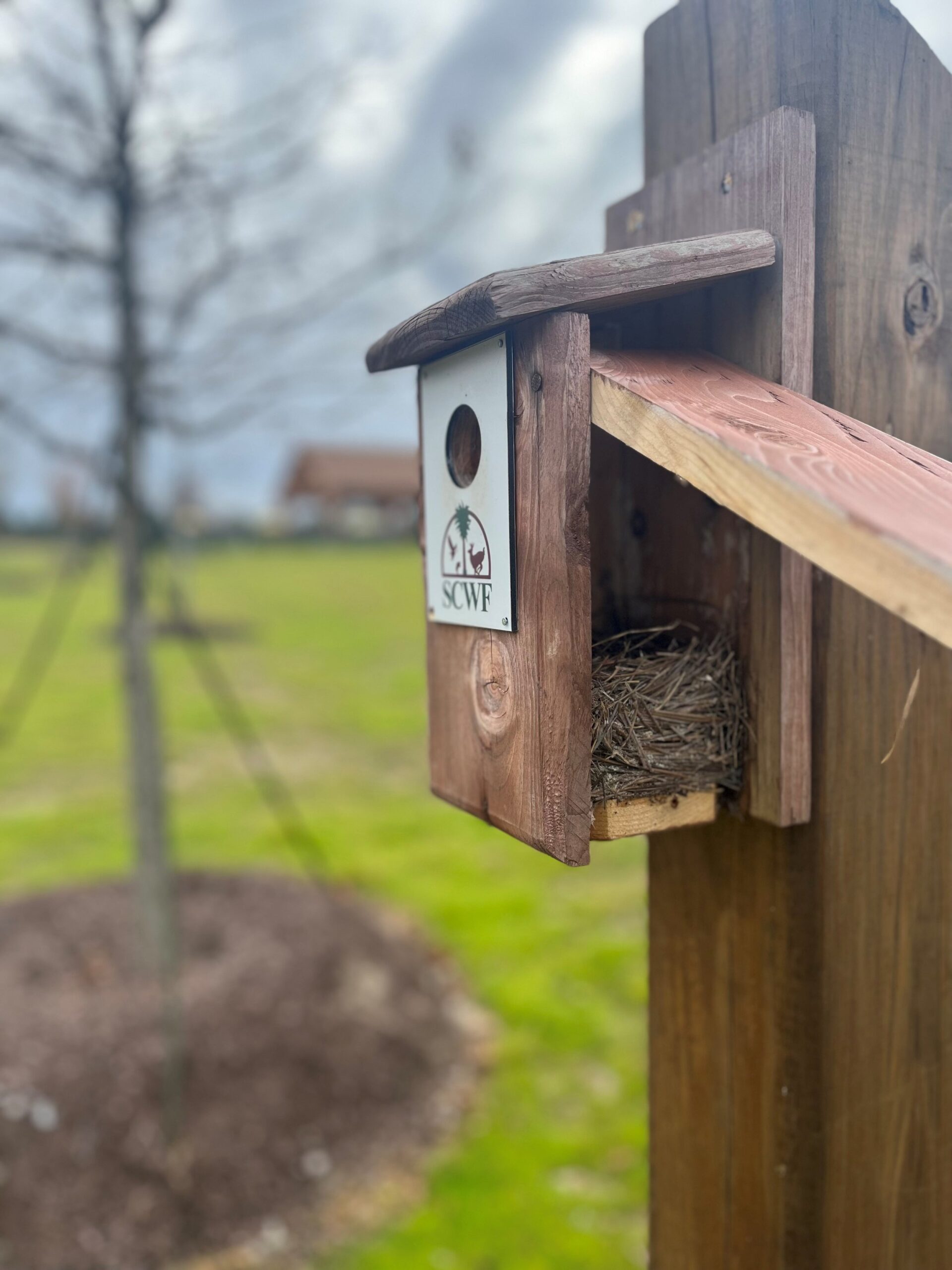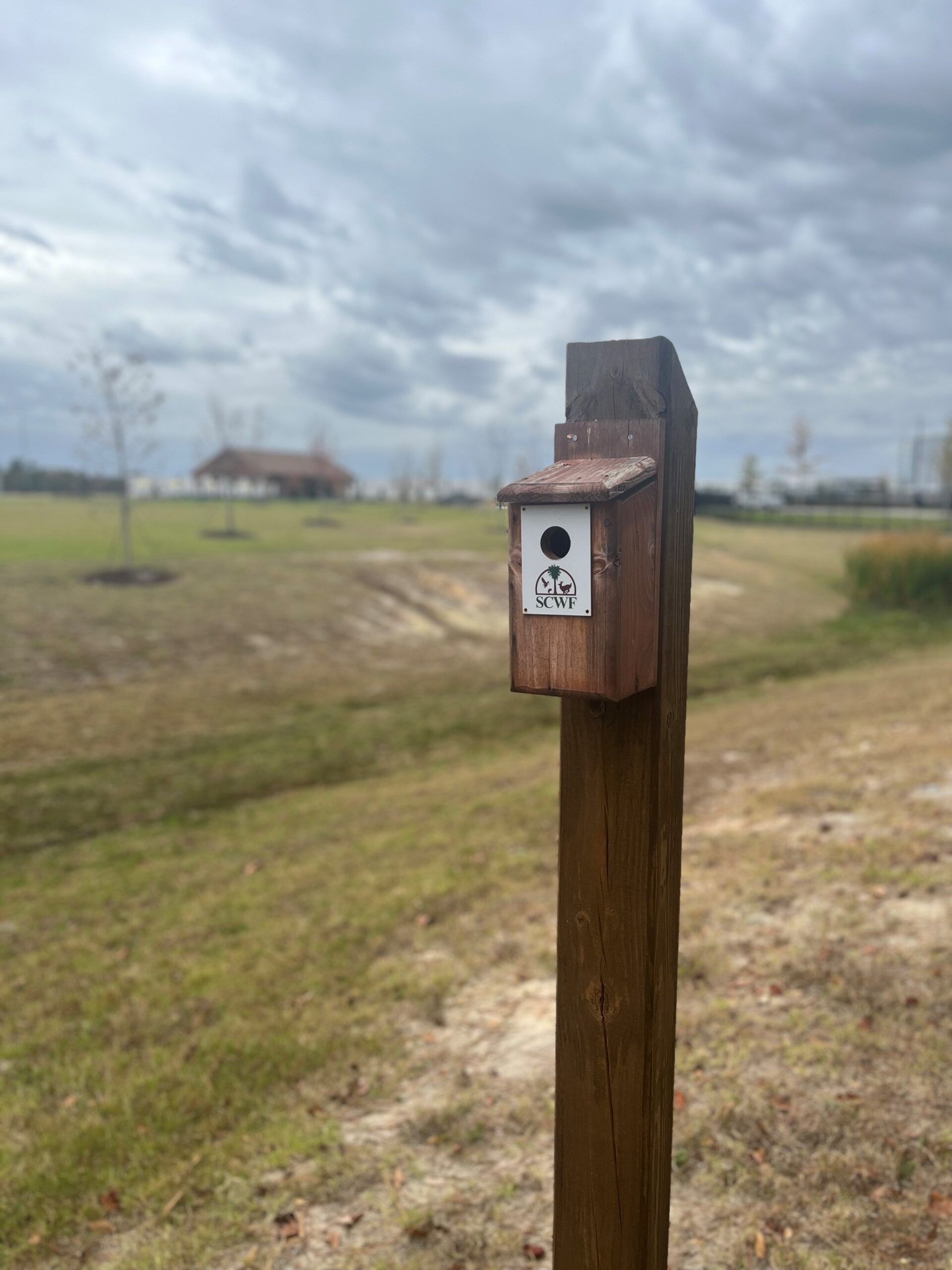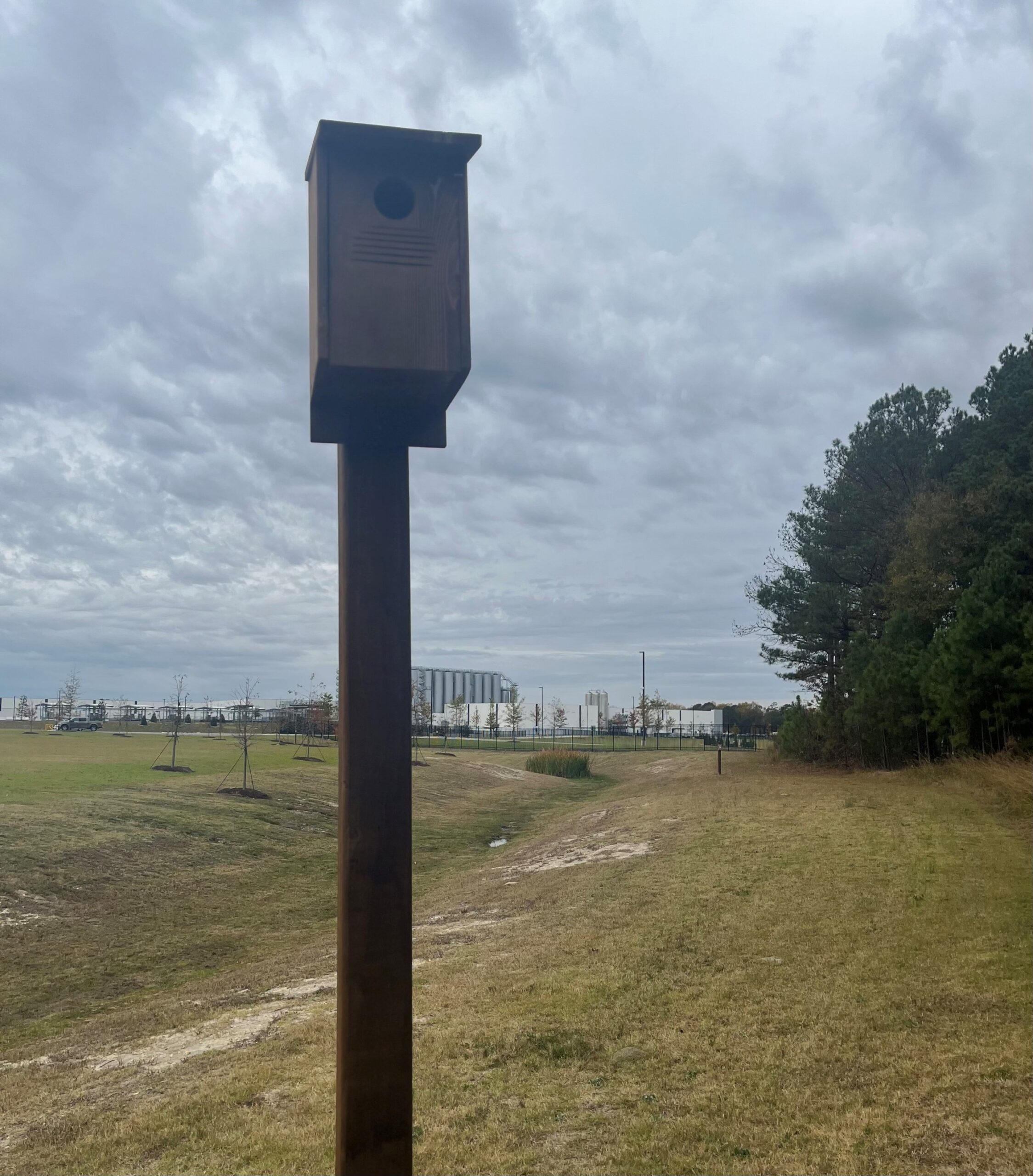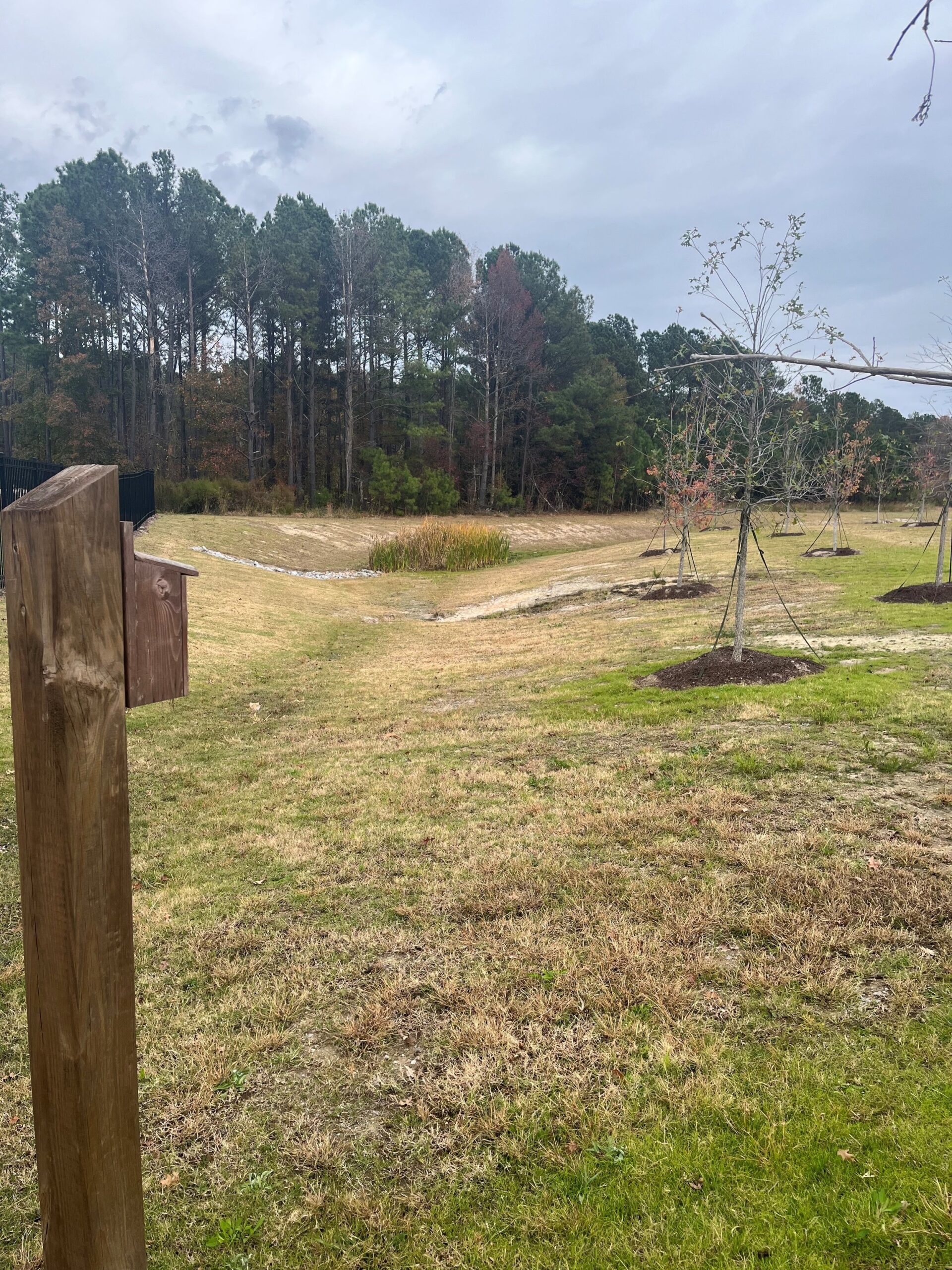COLUMBIA, S.C. — As part of the Grow Outdoors South Carolina initiative, the South Carolina Department of Social Services (SCDSS) Division of Early Care and Education and the South Carolina Department of Health and Environmental Control (DHEC) announce their partnership with the National Wildlife Federation’s Early Childhood Health Outdoors (ECHO) and NC State University’s Natural Learning Initiative (NLI) to create naturalized outdoor play and learning spaces in South Carolina’s child care programs.
The collaborative effort reflects a shared commitment to provide high-quality child care by recognizing the vital role nature plays in young children’s overall health and development, and creating fun outdoor spaces that inspire curiosity, creativity, and physical activity among young learners.
“DSS and DHEC are excited about this collaborative journey with the National Wildlife Federation and the Natural Learning Initiative,” said DSS State Director Michael Leach. “This partnership aligns with DSS’ mission to ensure the well-being of South Carolina’s youngest citizens. Together, we can create vibrant, nature-inspired spaces that foster the growth and happiness of our children with lasting results.”
One of the strongest predictors of children’s physical activity is time spent outdoors. According to the American Academy of Pediatrics, outdoor play for young children increases motor development, critical thinking skills, mood and learning outcomes. It also helps lower obesity rates and encourages children to have a better appreciation of the environment.
“The most recent data we have shows that 42% of South Carolina public school students ages 5 to 18 are overweight or obese and over half, 57%, are not meeting minimum standards for heart and lung health,” said Dr. Edward Simmer, DHEC director. “These problems often persist into adulthood, so addressing them early is very important.
“We know that physical activity stimulates positive cognitive and emotional development in young people, and natural play and learning environments like those created by Grow Outdoors SC are diverse and engaging spaces where children want to spend time. In addition to increased time outdoors, these environments promote problem-solving, creativity and collaboration with others.”
ECHO, with its mission to help young children develop a love and appreciation for the outdoors, will provide resources and training to child care providers to help them design and implement outdoor learning environments that promote physical activity, healthy eating, and nature-based play.
“Early Childhood Health Outdoors (ECHO) is honored to be a part of this exciting collaboration to enhance and activate naturalized outdoor play and learning environments for young children across South Carolina,” says ECHO Senior Director of Design & Engagement Rebecca Colbert. “As an initiative of the National Wildlife Federation, the ECHO team understands that we have a unique opportunity to help young children develop a connection to nature. In addition, our specialized expertise includes landscape design strategies that help mitigate heat and enhance climate resilience – supporting both healthy children and healthy communities.”
The Natural Learning Initiative (NLI) will offer its community-based, equity-driven design thinking to creating healthy natural play and learning environments, where all children and their families can thrive and learn healthy life habits.
“The Natural Learning Initiative (NLI) is excited to contribute almost a quarter century of early childhood outdoor design research and development to an ongoing collaboration with the National Wildlife Federation ECHO program,” said Robin Moore, Professor of Landscape
Architecture, NC State University.
“Working together with Grow Outdoors SC represents a unique partnership,” adds Dr. Nilda Cosco, Associate Research Professor and NLI co-founder with Moore, “that integrates NLI’s evidence-based resources, research tools, and professional development programs to support our NWF practitioner colleagues in co-creating early childhood outdoor environments.”
“And,” adds Moore, “all of us collaborating with South Carolina DSS and DHEC to implement a strategic, statewide vision for center-based, healthy, safe childhoods, engaged with nature – that’s huge.”
To announce the partnership, SCDSS and DHEC held a press conference on December 11, 2023, at MEGA Child Development Center in Gilbert. The conference ended with a tour of the child care program’s outdoor setting, led by representatives from ECHO and NLI.
In 2022, seven ABC Quality child care programs, including MEGA Child Development Center, were chosen as Grow Outdoors SC demonstration sites. Each site received seed grant funding and technical support to enhance its outdoor play space. The first group of child care centers to participate in Grow Outdoors SC with ECHO and NLI is currently being selected.
Grow Outdoors SC aims to transform early childhood outdoor spaces into diverse, naturalized environments that spark play and learning. The initiative provides resources and information on ways to improve outdoor environments for early childhood teachers, families, and community leaders. Through technical assistance and coaching, Grow Outdoors SC equips teachers and child care providers with the skills, tools, and resources to become champions for outdoor play and learning.
Learn more about Grow Outdoors South Carolina here.
Related press release links:
https://www.nwf.org/Latest-News/Press-Releases/2023/12-11-23-ECHO-Grow-Outdoors-SC






